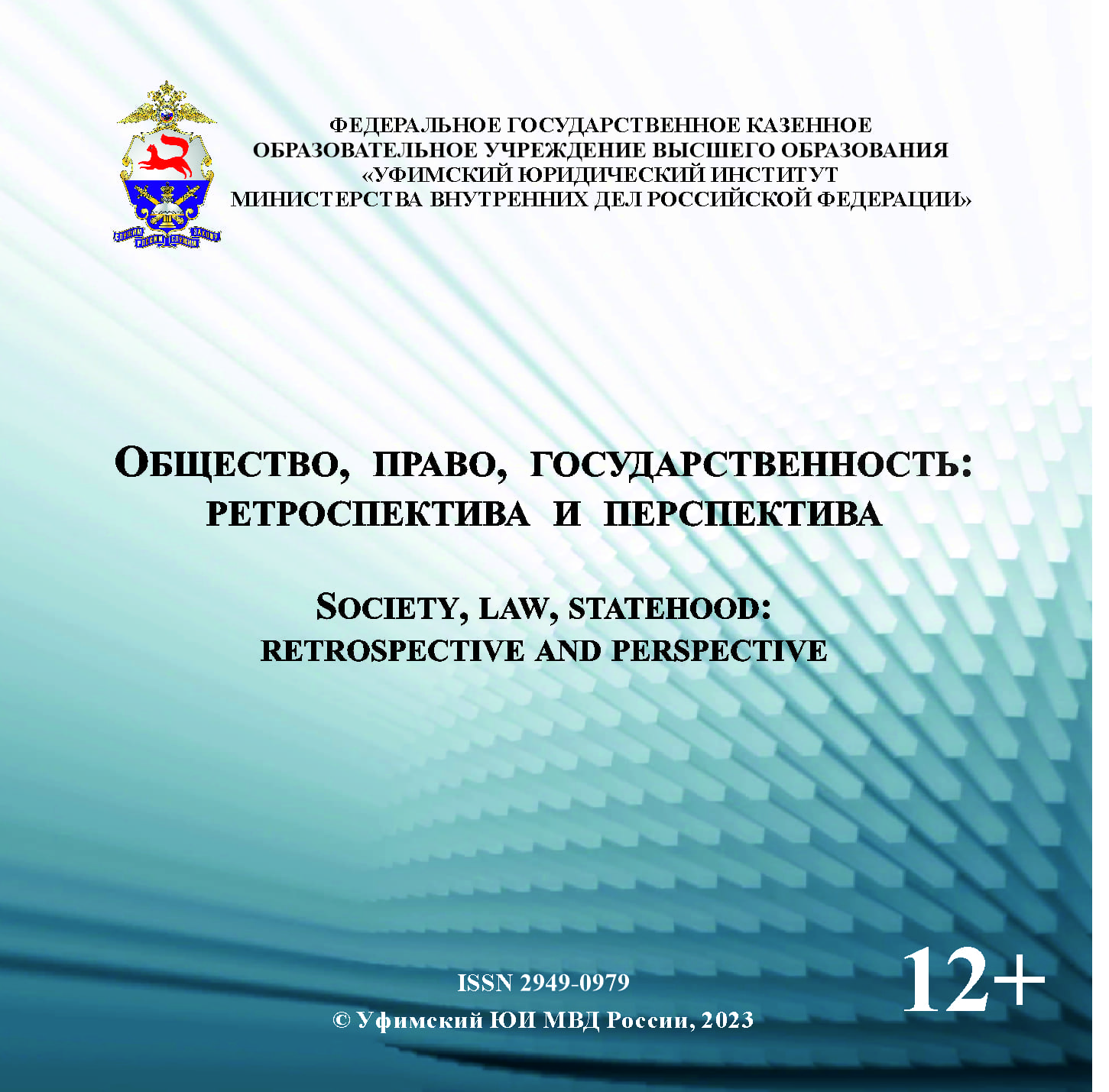Russian Federation
UDC 343.7
UDC 004
The article examines the applied aspects of collecting evidence in criminal cases of crimes against property committed using information and telecommunication technologies. It considers the sources of evidence, which are determined by the general specifics of the formation of the objective side of such crimes: the criminal’s use of the services of a money transfer operator, as well as the criminal’s use of telecommunications. The reasons that reduce the effectiveness of the procedure for collecting evidence through selected sources and lead to violation of the principles of criminal proceedings are identified. It is proposed to expand the powers of officials authorized to carry out preliminary investigations in order to reduce the time required for collecting evidence.
criminal process, collection of evidence, crimes against property, information and telecommunication technologies, federal legislation, principles of criminal proceedings
1. Konovalov A. M. Information security: who is for, who is against? // Modern Europe. 2003. No. 2 (14). P. 64–71. (In Russ.)
2. Ilyushin D. A. Features of initiating criminal cases about crimes committed in the sphere of providing Internet services // Bulletin of SamSU. 2007. № 1 (51). P. 9–16. (In Russ.)
3. Ardabyeva S. V. Forensic characteristics of fraud committed using computer tools and systems // Current problems of Russian law. 2007. No. 2. P. 441–447. (In Russ.)
4. Shurukhnov N. G., Shurukhnov V. A. Features of illegal activities of persons who previously committed crimes and served sentences in institutions of the penal system // Human: crime and punishment. 2010. No. 4 (71). P. 42–47. (In Russ.)
5. Pobedkin A. V. Carrying out investigative actions using video conferencing systems in pre-trial proceedings: the framework of procedural guarantees // Bulletin of the Ufa Law Institute of the Ministry of Internal Affairs of Russia. 2022. No. 1 (95). P. 77–84. (In Russ.)
6. Topicheva T. V. Prospects for the use of video conferencing in criminal proceedings // Current problems in the fight against crimes and other offenses. 2023. No. 23-1. P. 93–95. (In Russ.)
7. Plakhota K. S. Use of video-conferencing by an investigator (inquirer) during investigative actions // News of Tula State University. Economic and legal sciences. 2022. No. 1. P. 95–102. (In Russ.)
8. Rossinskaya E. R. Forensic examination in civil, arbitration, administrative and criminal proceedings: monograph. 4th ed., revised. and updated. M. : Norma, 2023. 576 p. (In Russ.)
9. Zavyalova D. V. Modern capabilities of forensic computer-technical examination in the investigation of various types of crimes // Theory and practice of forensic examination. 2020. Vol. 15. No.3. P. 89–97. (In Russ.)
10. Neretina N. S. Genesis of new genera and types of forensic examinations in the era of digitalization // Bulletin of the University named after O. E. Kutafina (MSAL). 2019. No. 5 (57). P. 88–94. (In Russ.)
11. Bakhtadze G. E., Galtsev Yu. V., Golenev V. S. Failure of the legislative elevation of the conclusion and testimony of a specialist to the rank of evidence in criminal cases // Bulletin of the Samara Humanitarian Academy. Series: Law. 2014. No. 2 (16). P. 48–53. (In Russ.)
12. Demidchenko Yu. V. Problems of using the conclusion, testimony of a specialist in the process of proof in a criminal case // Science and education: economy and economics; entrepreneurship; law and management. 2021. No. 12 (139). P. 121–124. (In Russ.)
13. Rasulova N. S. Expert opinion as a means of proof in criminal proceedings : dis. ... Cand. Law. M., 2022. (In Russ.)
14. Dikaev S. U., Dolgaev V. V. Protocols of investigative, judicial and other procedural actions: problems and solutions // Bulletin of the St. Petersburg University of the Ministry of Internal Affairs of Russia. 2017. No. 3 (75). P. 74–76. (In Russ.)
15. Savenko O. V. Protocols of investigative actions and court hearings as evidence in a criminal case : abstract. dis. ... Cand. Law. M., 2014. (In Russ.)
16. Kostenko R. V., Shulgina E. V. The problem of determining the procedural form of the testimony of the accused // Legal Bulletin of the Kuban State University. 2021. No. 2. P. 23–32. (In Russ.)






